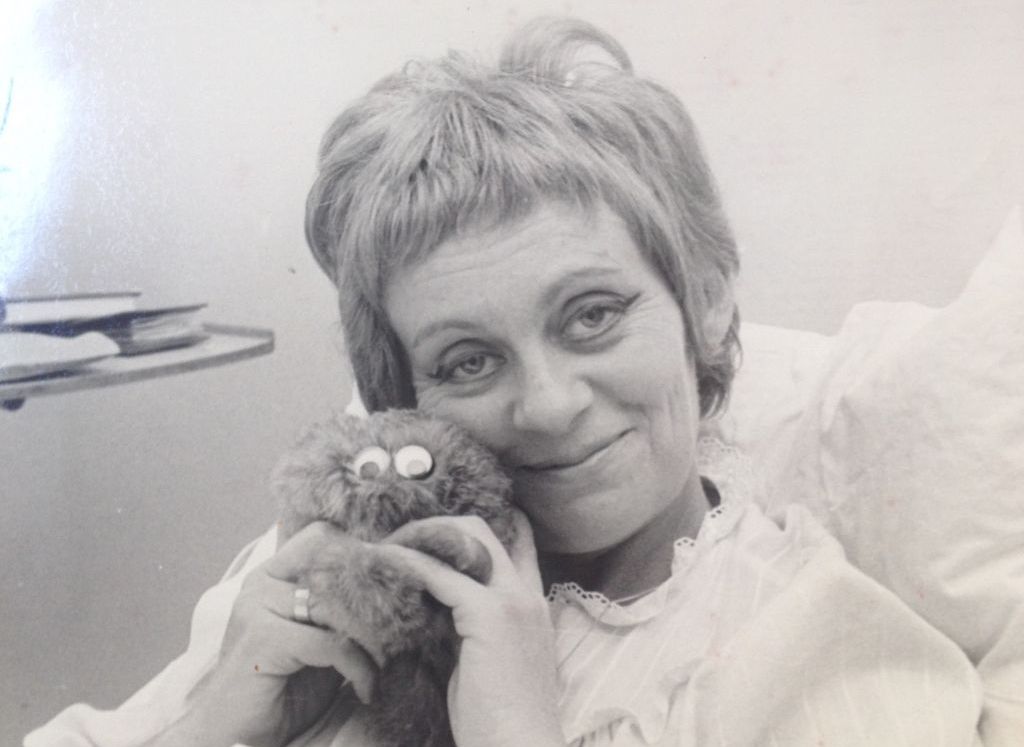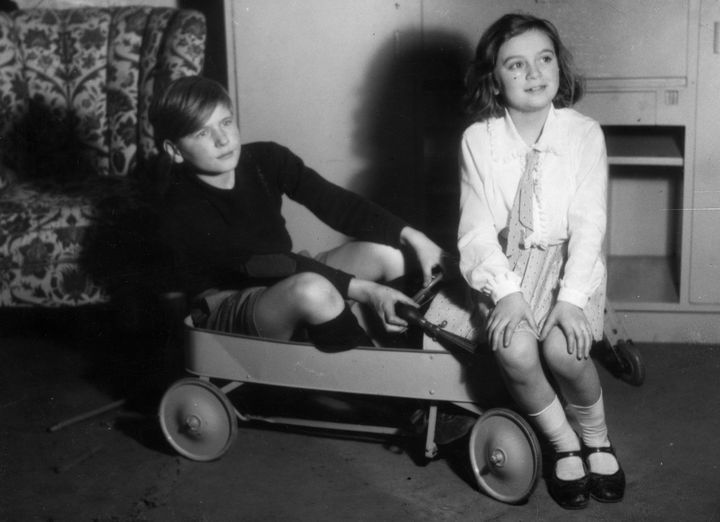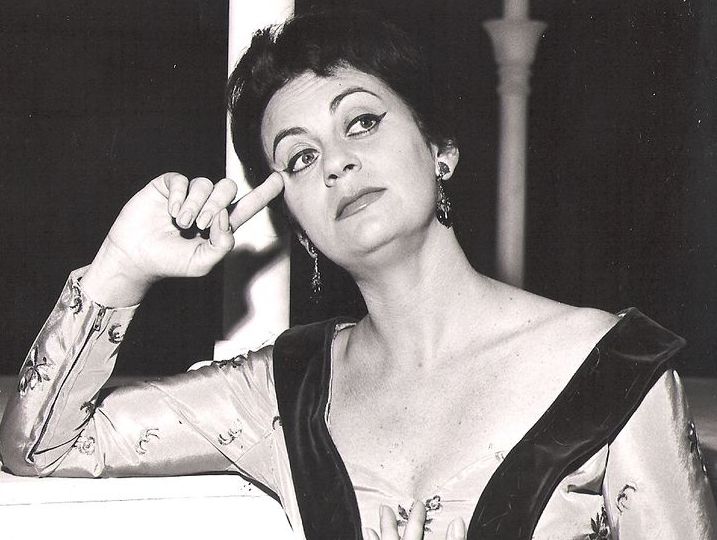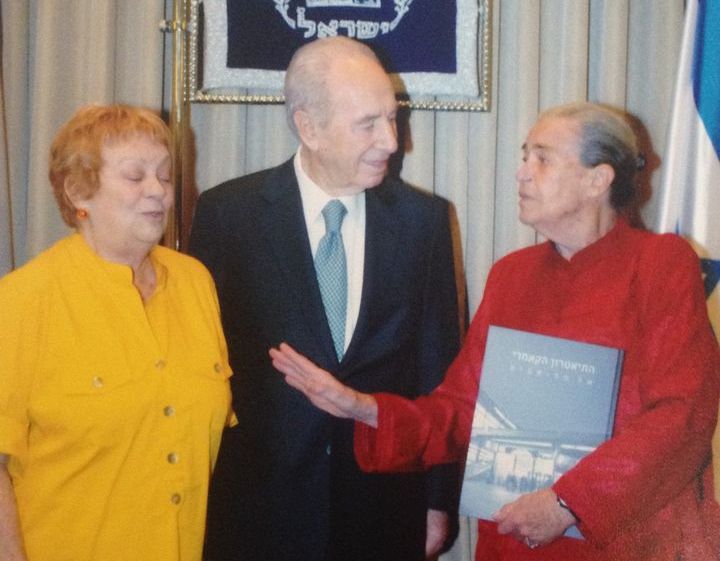Hanna Maron
(22 November 1923 – 30 May 2014)


“I’m an actress”, Hanna Maron said after being seriously injured on 10 February 1970 just before she lost consciousness.
For Hanna Maron, the Munich-Riem terrorist attack changed her life completely. She spent several months in a hospital in Munich fighting for her life; her left leg had to be amputated. Psychologically traumatised, the actress nevertheless celebrated her survival every year on 10 February. In 1971, she was already back on stage and, for the rest of her life, campaigned against all forms of violence.
Born Hanna Meierzak in Berlin in 1923, she began her successful career in theatre, film and radio at the age of five. In 1931, she played Dot based on the classic children’s book “Dot and Anton” by Erich Kästner at the Deutsches Theater Berlin; that same year she was to be seen in the opening scene of Fritz Lang’s film “M”.
The child star’s success in Germany came to an abrupt end following the Nazis’ seizure of power when the Jewish family had to flee. After two years in Paris, Hanna Meierzak and her mother met up with her father once again in Tel Aviv in 1935 where they endeavoured to start a new life. At the age of 17, Hanna Meierzak attended the school of drama at the traditional Habima Theatre in Tel Aviv. In 1942, she volunteered for the British army and joined the Jewish Brigade formed there in 1944. As a member of the Hebrew-speaking ensemble Me’eyn ze, she performed for the soldiers. After the end of World War II, she was a permanent member of the Cameri Theatre ensemble in Tel Aviv, one of Israel’s most important theatres, for 35 years.
In 1973, Hanna Maron was honoured with the prestigious Israel Prize, the highest culture award of the State of Israel. She was also a prominent voice promoting a peaceful, non-violent Jewish-Arab coexistence and took a public stand on many social issues such as women’s rights and conscientious objection to military service. In 1995, she was a guest of honour at the signing of the Oslo II Peace Accord between the State of Israel and the “Palestine Liberation Organisation” (PLO) in Washington D.C. She received an honorary doctorate from Ben Gurion University in Munich’s Israeli twin city Beer Sheva in 2007.
Hanna Maron died in Tel Aviv on 30 May 2014. Through the way she dealt with her physical limitations, she encouraged many to maintain their zest for life. Her daughter Ofra Rechter talked about her in a video interview.

